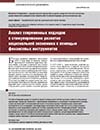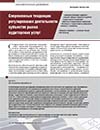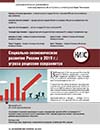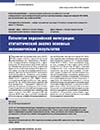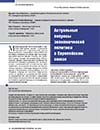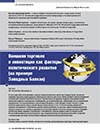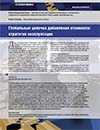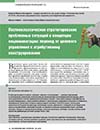Contemporary Approaches to Economic Stimulation Using Financial Instruments
DOI: 10.33917/es-8.166.2019.24-29
The Russian economy needs in adequate financial policy in the environment when other countries use actively financial stimulation measures, among which are protectionist measures, aimed at the growth of activity and defend of national economy. Contemporary financial protectionist measures often are not subject of international conventions that increase international trade and capital flow transparency. Countries use non-market mechanisms to support their national business in the competitive environment. Such mechanisms entail risks and opportunities for countries, as well as for business (large business in the first place). It’s necessary for Russian regulators to consider thoroughly approaches of other countries and broaden instruments they use



